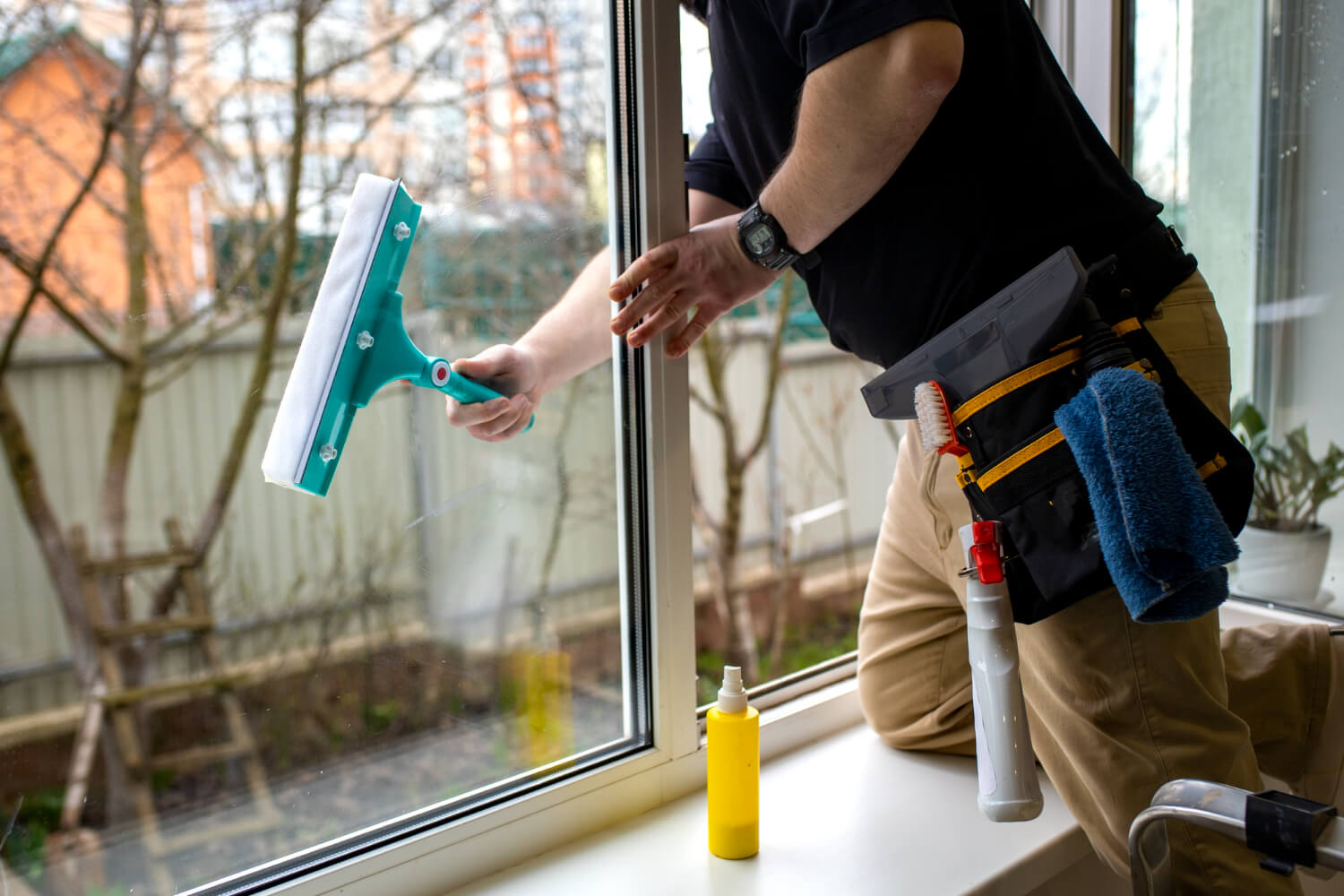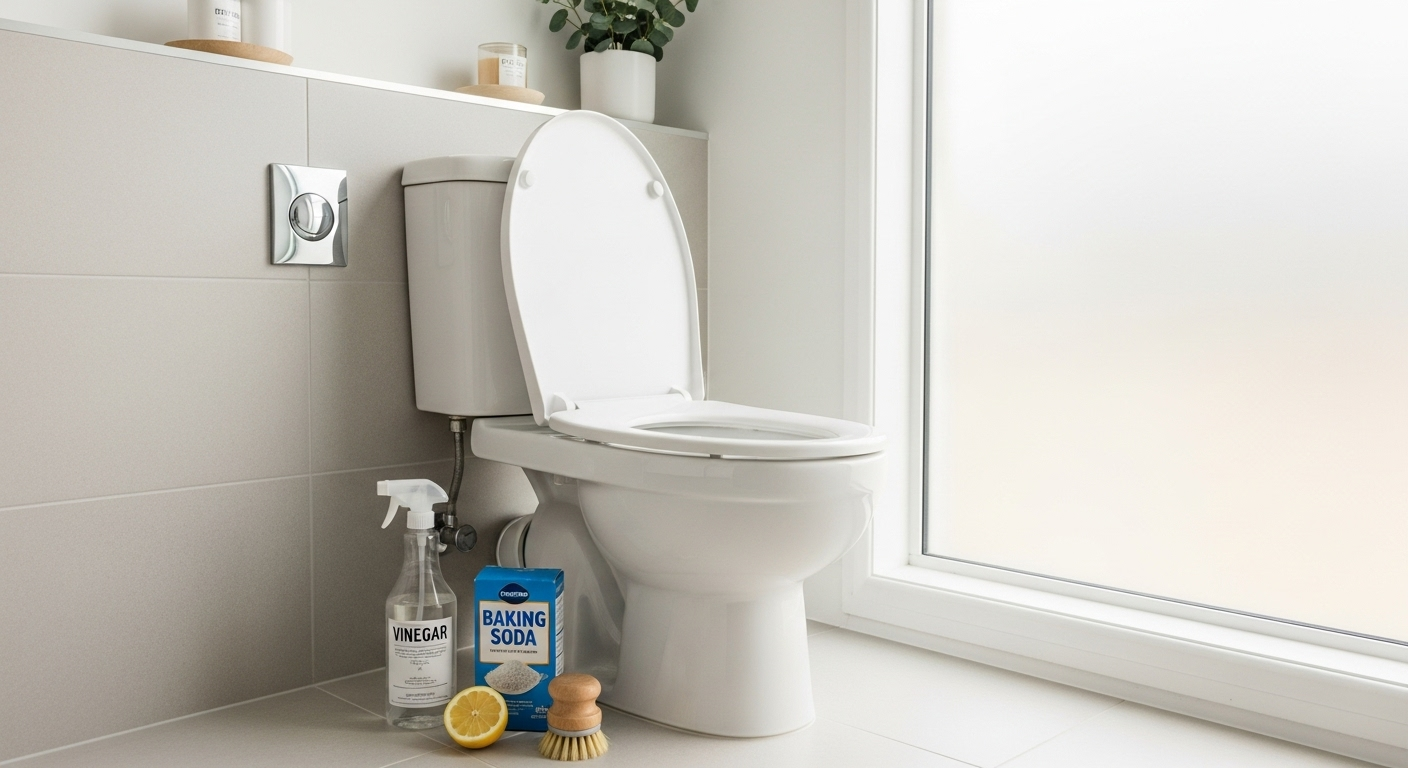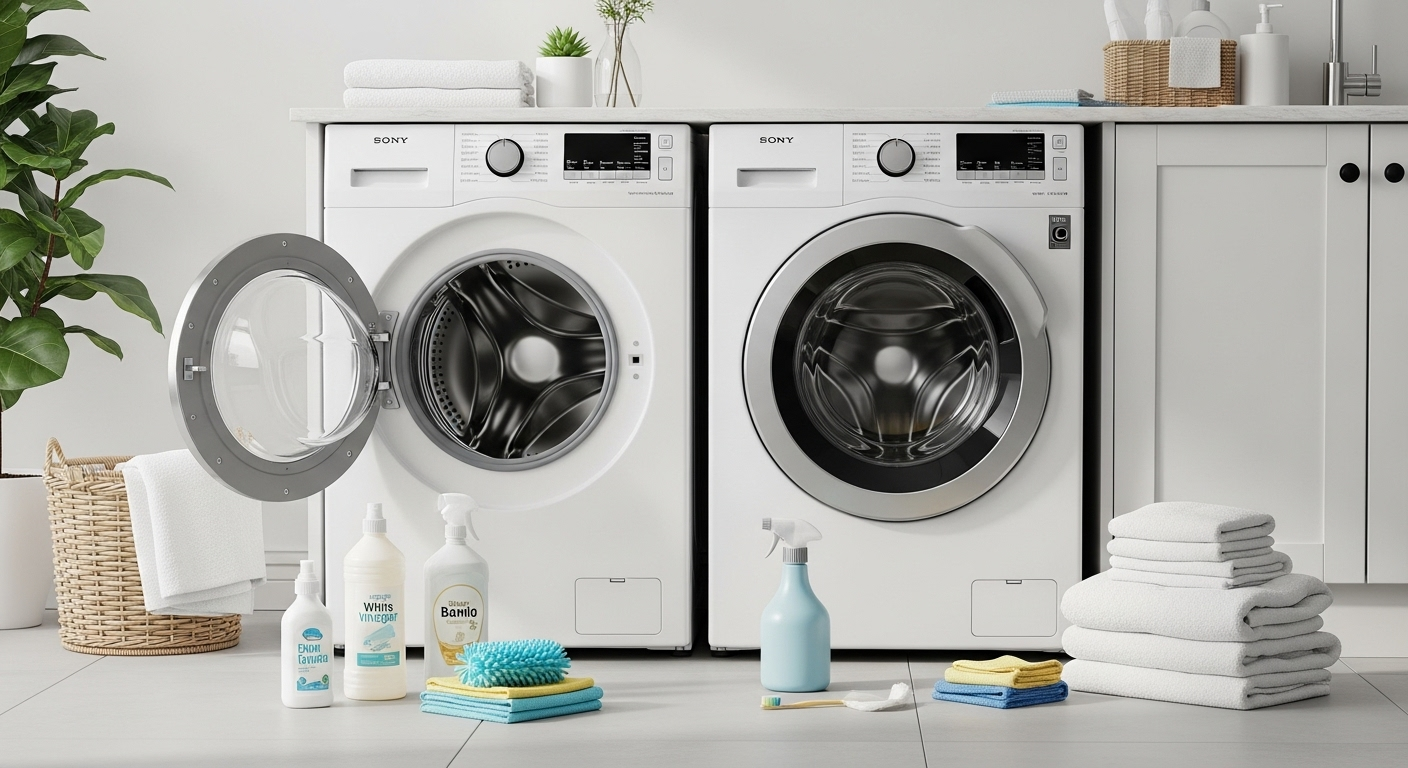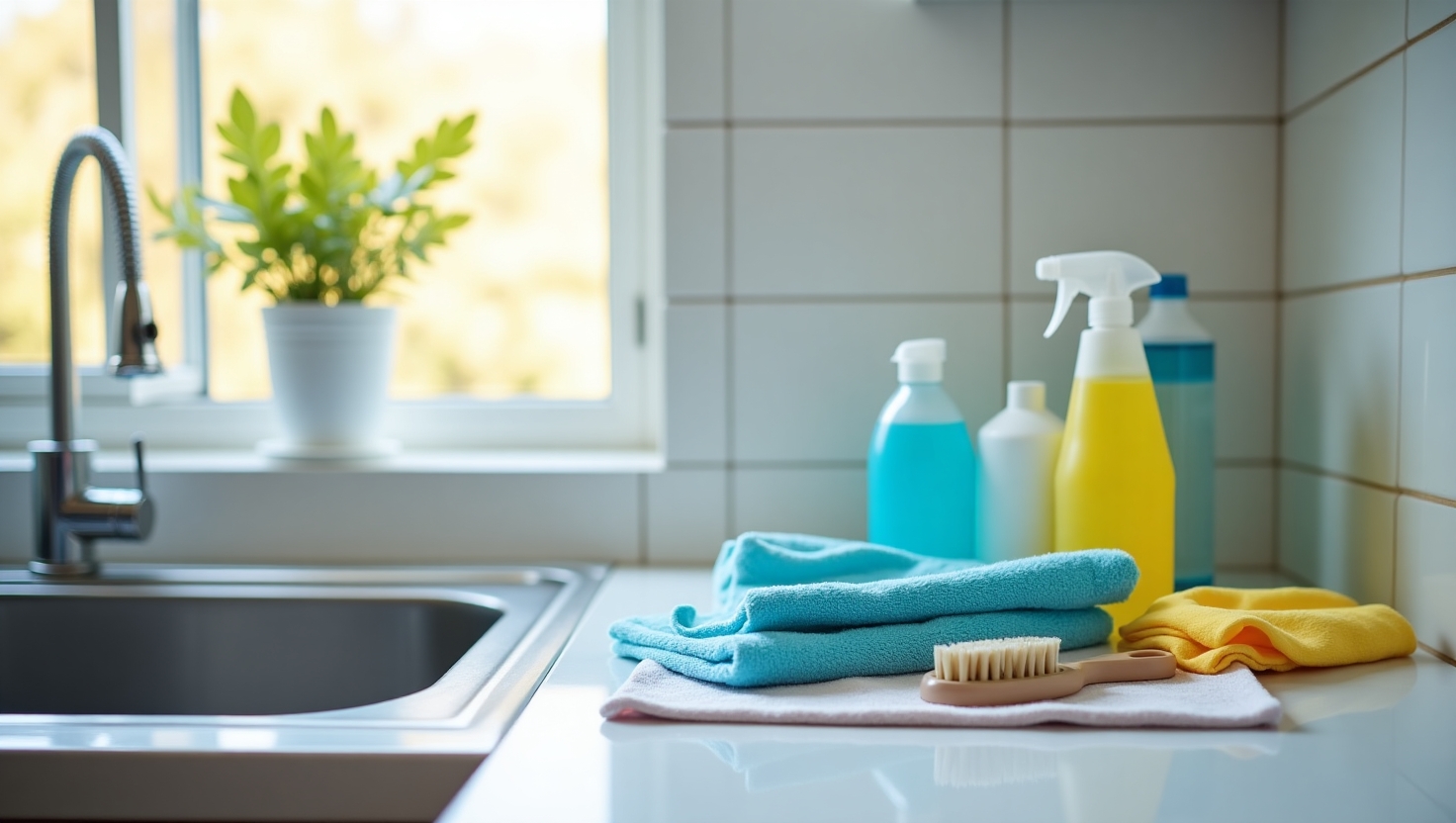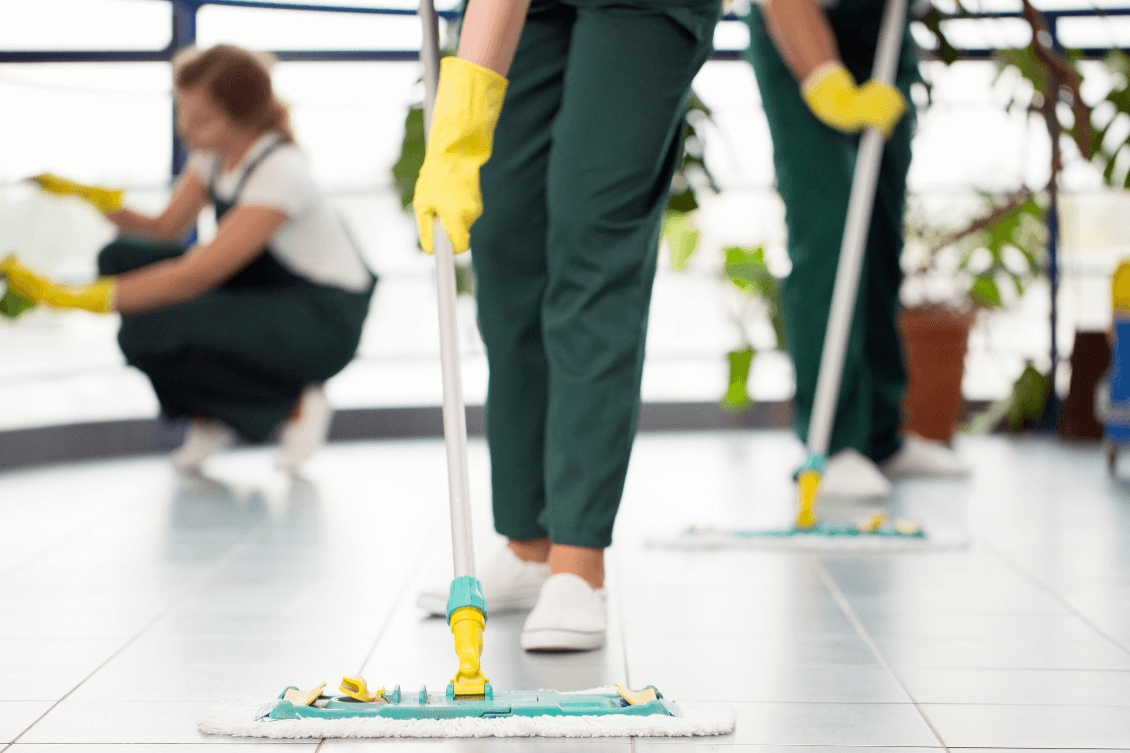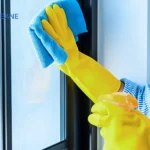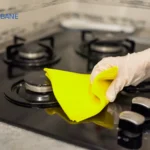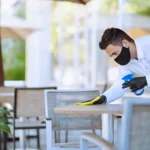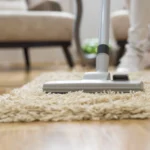Plastic windows are typically stronger than glass windows. For example, acrylic is 1700% stronger, and polycarbonate is 25000% stronger than glass of the same thickness. But plastic is more prone to dirt and scratches. So, it is essential to clean your plastic windows regularly to maintain their clarity and longevity.
The best way to clean plastic windows involves using the right cleaning solutions, tools, and techniques. The steps include dusting, cleaning, washing, and drying the windows properly.
In this plastic window cleaning guide, we will explain efficient ways to clean plastic windows. With the right methods, you can keep your windows spotless and well-maintained in Brisbane’s diverse climate.
The Need for Cleaning Plastic Windows
As we mentioned earlier, plastic windows are more susceptible to scratches and chemical damage than traditional glass windows.
So, cleaning your plastic windows is essential for the following needs.
- Regular cleaning prevents dirt build-up caused by Brisbane’s humidity and rainfall.
- Coastal salt deposits are avoided, protecting plastic window surfaces.
- Pollen residue, which traps dust and insects, is reduced.
- UV discolouration is prevented by cleaning dirt before it amplifies sun damage.
- Cleaning stops mould growth, ensuring better air quality and window durability.
- Clean windows maintain energy efficiency by allowing more sunlight.
- Streak-free windows improve property appearance and value.
- Regular maintenance keeps visibility clear, enhancing safety.

Essential Window Cleaning Tools and Materials
Before starting the cleaning process, gather the following necessary window-cleaning tools:
- Soft microfibre cloths for streak-free cleaning.
- Soft sponges to prevent scratches while wiping surfaces.
- Spray bottle for applying homemade window cleaning solution.
- Squeegees in achieving streak-free window cleaning.
- Soft-bristled brush to remove debris from plastic window frames and surfaces
Best Way to Clean Plastic Windows: Step-by-Step Guideline
Here is the step-by-step procedure to clean your plastic windows in the most efficient DIY ways.
Step 1. Remove Dirt and Grime From Plastic Windows
Before applying any cleaner, removing dirt and grime from plastic windows is essential. Otherwise, rubbing and scrubbing can put scratches on your window surfaces.
- Use a soft-bristled brush or a dry microfibre cloth to remove surface dust.
- For stubborn dirt in window corners, gently scrub using a soft sponge.
- Avoid using rough materials as they can scratch plastic window surfaces.
Step 2. Choose the Right Window Cleaning Solution
Opt for a homemade, natural cleaning solution to avoid the adverse effects of commercial cleaners. Here’s a simple recipe:
DIY Homemade Window Cleaning Solution Recipe
- Recipe 1:
- 2 cups distilled water
- 1/4 cup white vinegar (helps break down grease and grime)
- 1/4 cup rubbing alcohol (70% concentration)
- 1 tablespoon cornstarch (optional for added shine)
- 5 drops of essential oil (optional for fragrance)
Solution-Making Instructions
- In a spray bottle, combine the distilled water, white vinegar, and rubbing alcohol.
- Add the cornstarch and essential oil, if using.
- Secure the lid and shake well to mix all ingredients thoroughly.
- Recipe 2:
For plastic window cleaning, you can use mild dish soap and a warm water solution instead of vinegar.
- Mix 1 part mild dish soap with 3 parts warm water.
These natural window cleaners are free from harsh chemicals, making them safer options for plastic surfaces. Both solutions are effective in cutting through grime without harming the plastic surface.
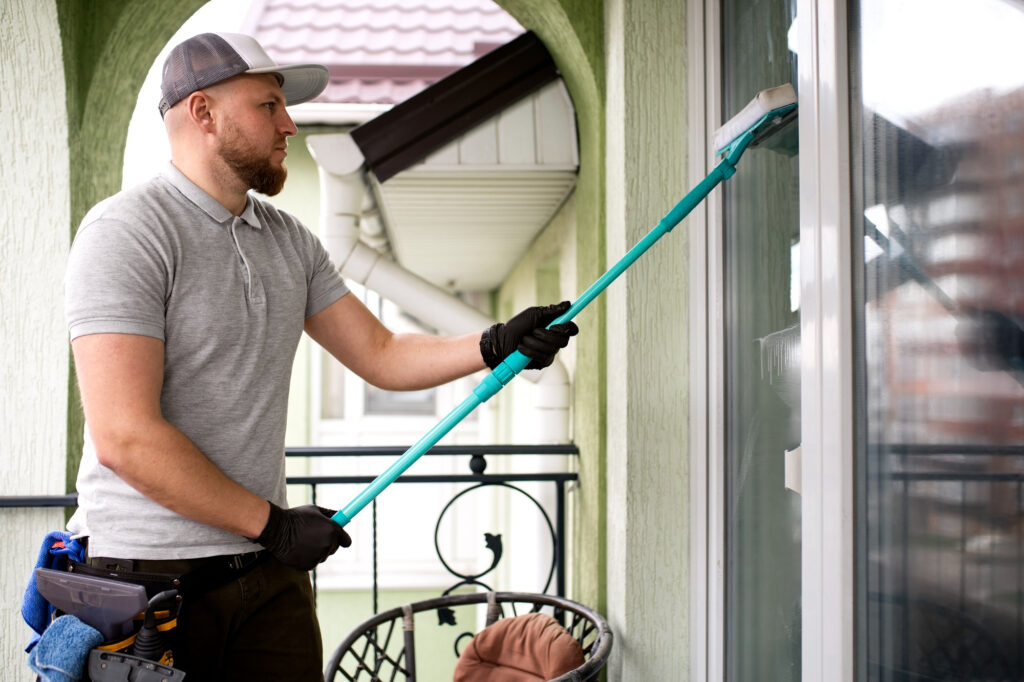
Step 3. Finalise a Streak-Free Window Cleaning
To confirm a streak-free finish:
- Spray directly onto the window surfaces and frames. Then, wipe the windows with a soft sponge or microfibre cloth in a circular motion.
- Or, you can dip a soft cloth or sponge into the dish soap solution and wipe the window surfaces with it.
- You can use the sponge or the cloth on the window frame by whipping from top to bottom and vice versa.
- Use a squeegee for excess moisture, wiping from top to bottom of the window surfaces.
- Use clean, soft cloths to wipe off the remaining water and residues from the window frames, too.
- Caution: Avoid using abrasive pads or excessive force, as this can scratch the plastic.
Step 4: Properly Dry for a Streak-Free Finish
- Method: After cleaning, use a squeegee to remove excess solution. Start from the top and move downward in a straight line.
- Final Touch: Wipe any remaining moisture with a dry microfibre cloth to ensure a streak-free shine. Avoid air drying as it can lead to streaks and water spots.
Common Mistakes to Avoid When Cleaning Plastic Windows
To prevent inadvertent damage, be mindful of these common catches:
- Using Harsh Chemicals: Avoiding harsh chemicals on plastic windows. Avoid ammonia or bleach cleaners, as they can degrade the plastic.
- Abrasive Tools: Don’t use rough sponges or brushes that can scratch the surface.
- Skipping the Drying Process: Allowing windows to air dry can result in unsightly spots and streaks.
- Neglecting the Frames: Dirty frames can accumulate grime, which may transfer to the window surface.
By being aware of these mistakes, you can ensure your cleaning efforts are both practical and safe.
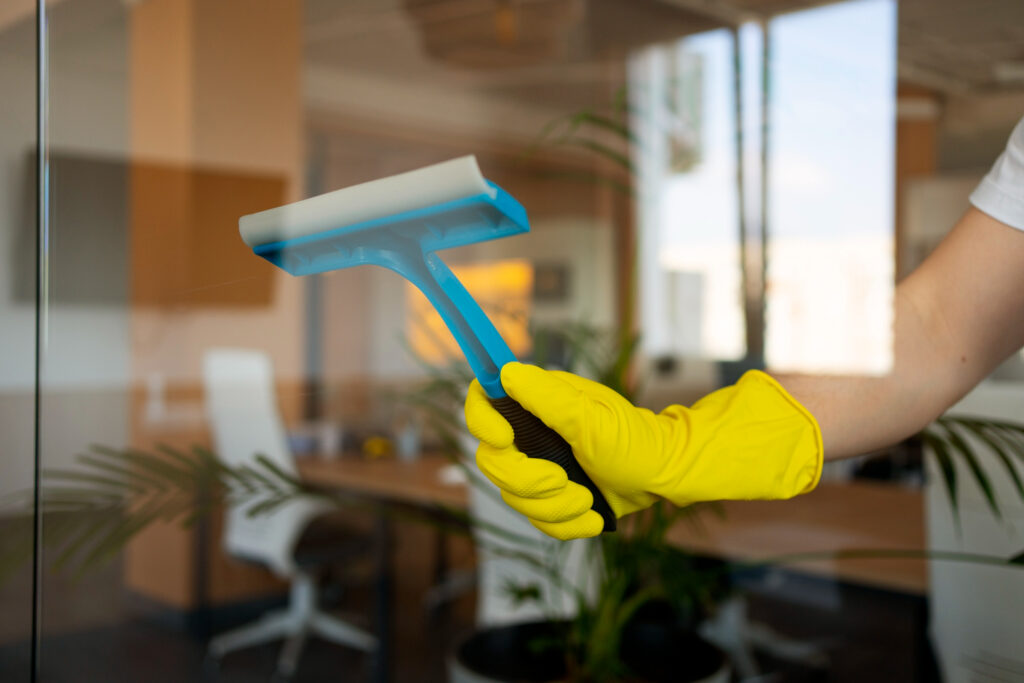
Tips to Prevent Damage and Maintain Plastic Windows
To keep your plastic windows in optimal condition, consider the following practices:
Protect Against Scratches and Discolouration
- Preventive Measures: Avoid using abrasive cleaning tools to keep sharp objects away from the window surface.
- Regular Cleaning: Frequent cleaning prevents the buildup of dirt and grime that can cause scratches over time.
Apply UV Protection for Plastic Windows
Prolonged Brisbane’s harsh sun exposure can cause the plastic to turn yellow or weaken. A study shows that 40% of window fading happens due to UV light.
To mitigate this:
- UV-Protective Films: Apply UV-blocking films to the windows to shield them from harmful rays.
- Shading: Use curtains or blinds during peak sunlight hours to reduce direct exposure.
Ensure Regular Maintenance of Plastic Windows
- Inspection: Periodically check for signs of wear, such as cracks or discolouration, dirt and dust, and address them promptly.
- Lubrication: Ensure that moving parts, like hinges and locks, are lubricated to function smoothly.
Regular maintenance of plastic windows enriches the appearance of your windows. This also contributes in enhancing the longevity of plastic windows.
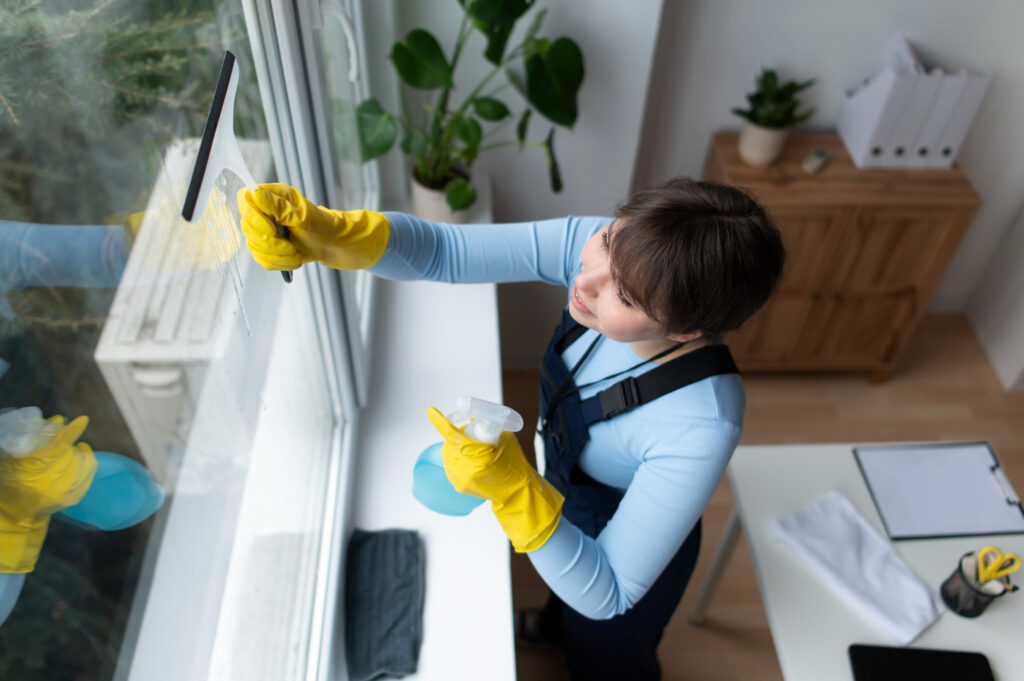
Why You Should Hire Professionals for Plastic Window Cleaning
DIY cleaning is an option for regular and basic cleaning. But when you need extensive and complex cleaning, you should hire professional window cleaning services for the following benefits.
- Specialised Expertise: Professionals know the best way to clean plastic windows without causing damage.
- Use of Professional-Grade Tools: Experts use advanced tools like water-fed poles, microfibre cloths, and squeegees for streak-free results.
- Compliance with Safety Standards: Professional cleaners follow strict safety protocols, especially for high or hard-to-reach windows. This reduces the risk of accidents. In 2013-14, 3318 people were injured due to DIY falls, and 63% of the injuries were bone fractures.
- Time and Effort Savings: Hiring experts eliminates the hassle of DIY window washing, allowing homeowners and businesses to focus on other tasks.
- Consistent and Reliable Results: Unlike DIY cleaning, professional services ensure consistent cleaning.
Final Thoughts
Maintaining plastic windows requires the right tools, cleaning solutions, and gentle techniques to avoid damage. Following the best way to clean plastic windows, you can achieve streak-free windows while preventing scratches on plastic window surfaces. Regular maintenance and proper UV protection for plastic windows will help you enrich their longevity, ensuring they remain precise and durable for years.For professional plastic window cleaning in Brisbane, Eco Cleaning Brisbane offers expert services backed by 20+ years of experience. We use safe, eco-friendly cleaning methods to deliver outstanding results in all areas of Brisbane. Contact us at +61 7 3189 2759 or email info@ecobrisbane.com.au for reliable and efficient professional window cleaning solutions.
